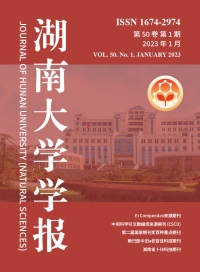Abstract
Climate variability is a highly disruptive phenomenon of daily life in rural communities due to social, infrastructural and economic factors. Although studies on the effects of climate variability are numerous, the novelty of the one presented here lies in transcending the economic dimension, addressing the nature-community-tradition relationship and delving into the symbolic aspects of adaptation. The objective of the study was to explore the imaginary of the Coreguaje people on climate variability and adaptation. The methodology used was qualitative with a hermeneutic design approach based on intensive fieldwork, transcription of interviews and triangulation. The results of the study showed three main themes in which the imaginary of the Coreguaje people can be represented. These themes were characterized by a strong rupture between past and present, the impact of climate instability on the organization of daily life, the progressive loss of ancestral values and knowledge, as well as an increasingly complex transfer of the Coreguaje heritage to the new generations. In addition, it was found that climate variability has put the sedentary way of life of the community at risk, has undermined its autonomy and food security, has promoted limited transformations and adaptations, and has made it difficult to relate to new external factors caused by the settlement of colonists and the introduction of new worldviews. The findings validate the importance of supporting rural communities without undermining their traditions and point to the need to implement alternatives to strengthen community resilience in the Resguardo studied.
Keywords:
climate change, climate variability, community resilience, hermeneutics, social imaginaries.
- Received: 22 June 2024
- Accepted: 26 July 2024
- Published: 05 August 2024

 Verenice Sánchez-Castillo, Carlos Alberto Gómez-Cano
Verenice Sánchez-Castillo, Carlos Alberto Gómez-Cano